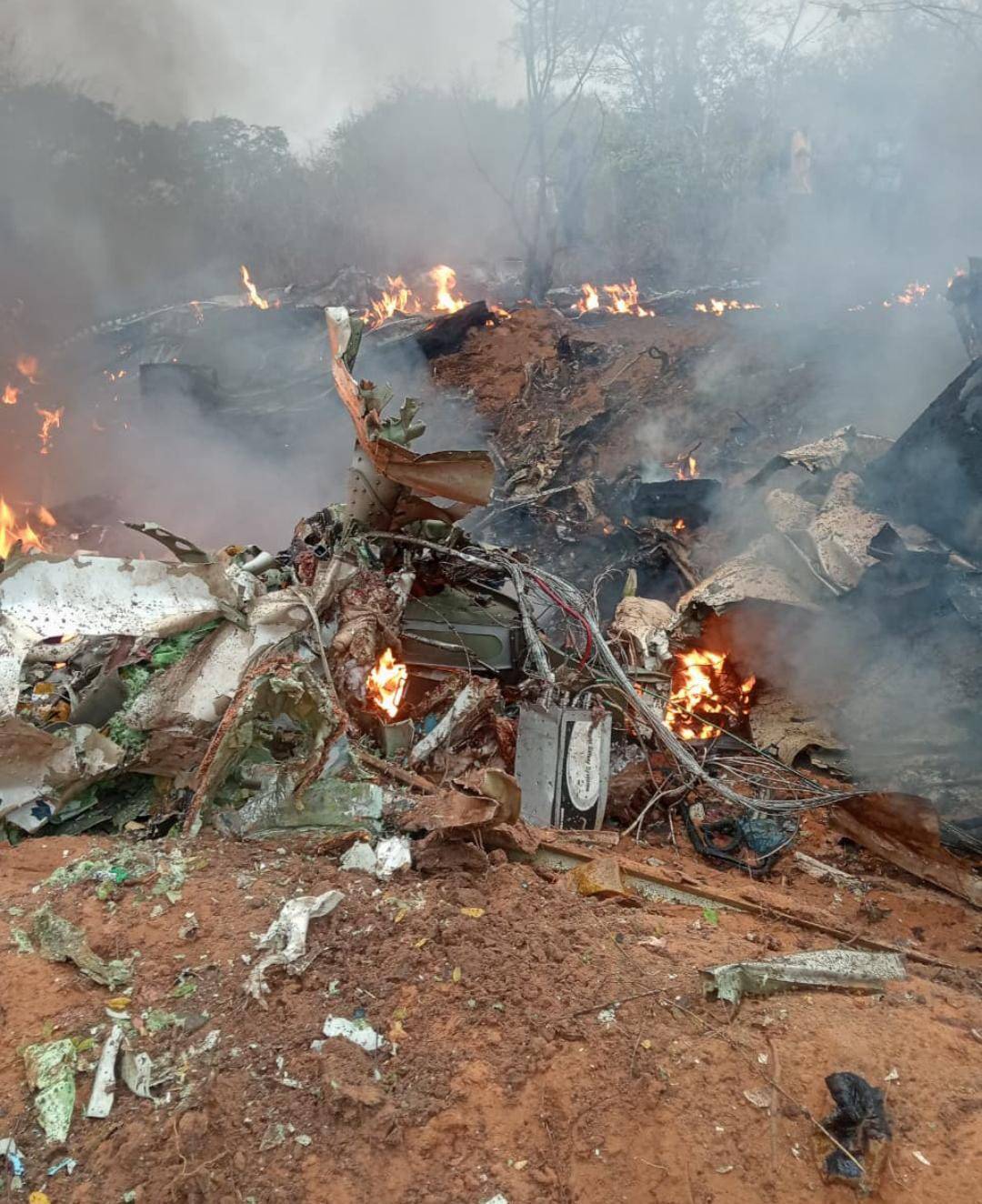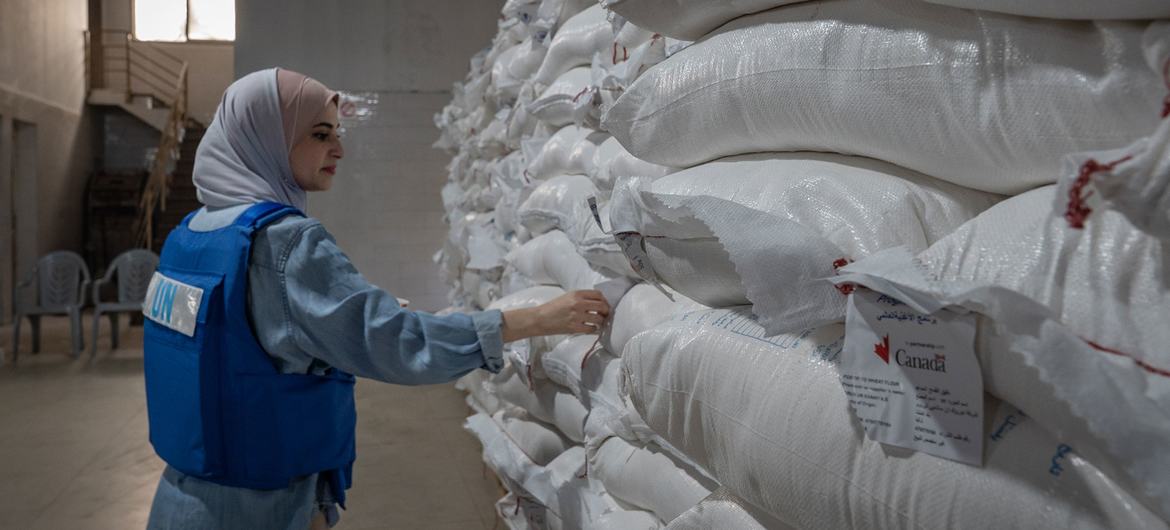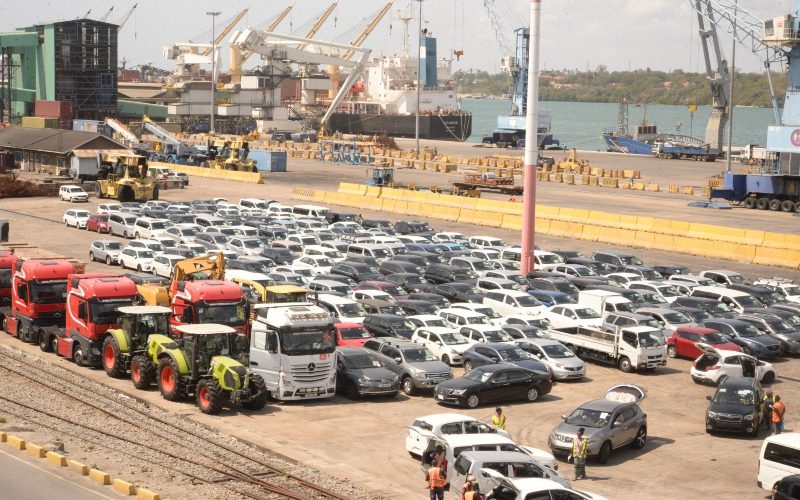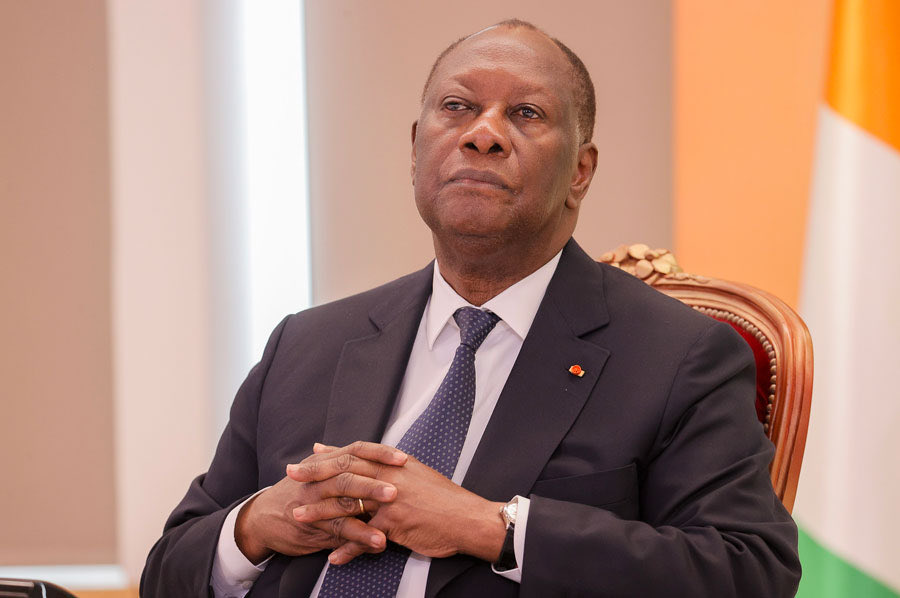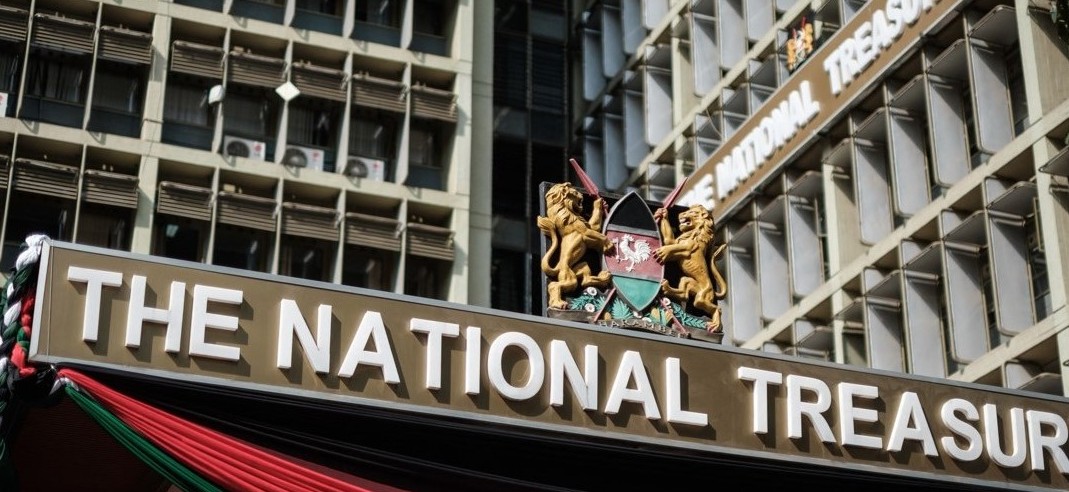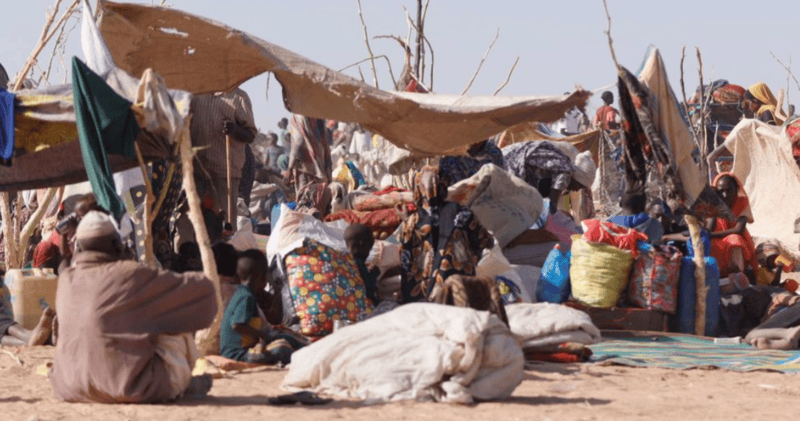Zanzibar opposition alleges voter fraud ahead of elections
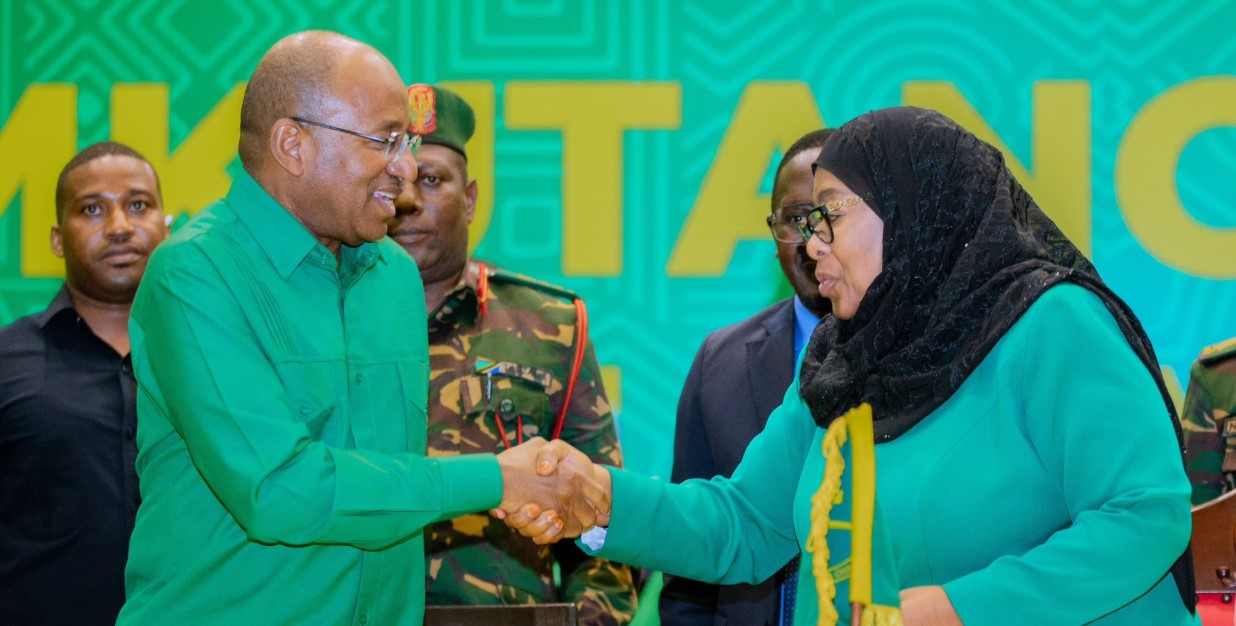
Voting in Zanzibar is set to begin on Tuesday, with some 700,000 residents expected to cast ballots for both mainland presidential candidates and a local president.
Tanzania’s opposition in Zanzibar has raised alarms over what it calls a planned manipulation of the upcoming elections, claiming that deceased individuals have been registered to vote.
The archipelago, home to around 1.9 million people, has historically experienced heated elections often marked by disputes and irregularities, though this time, calm has largely prevailed.
More To Read
- Tanzania denies Amnesty report linking government to enforced disappearances, torture
- EAC deploys 67-member mission to observe Tanzania’s elections
- Tanzania declares October 29 a public holiday for national elections
- What Tanzanians hope their next government will deliver
- Tanzania’s pre-election tensions deepen as opposition official arrested
- What you need to know about Tanzania's election
Voting in Zanzibar is set to begin on Tuesday, with some 700,000 residents expected to cast ballots for both mainland presidential candidates and a local president.
The opposition has long objected to the two-day voting process, arguing that the islands are too small to require such an extended period.
Othman Masoud Othman, ACT-Wazalendo’s local presidential candidate, told AFP that the Zanzibar Electoral Commission (ZEC) is allowing people who are not eligible to vote to participate in early voting.
He described the move as “early stealing,” accusing authorities of creating conditions that favour the ruling party.
“The motive behind it was purely to enable the ruling party to rig the election because early voting gives them extra votes, which is not properly monitored,” Othman said.
He added that scrutiny of the voters’ registry revealed numerous deceased individuals listed as eligible.
Othman also criticised the commission for potentially barring ACT-Wazalendo agents from monitoring polling stations, saying the process remains “very opaque.”
He further questioned the influence of mainland Tanzania over Zanzibar’s political affairs, calling it an “uneven, unequal, unfair relationship.”
The incumbent vice-president is contesting the presidency against Hussein Mwinyi of the ruling Chama Cha Mapinduzi (CCM), who is widely expected to win the national polls.
Early voting, first introduced in the 2020 election, is meant to allow officials and police to cast ballots ahead of the general public, a practice ACT-Wazalendo continues to oppose.
ZEC chairman George Joseph Kazi dismissed the opposition’s claims as “false news.” “There is no name of a deceased person in the registry... There is also no underage person,” he told reporters.
“We have followed the law... ACT is creating stories to use later... then create tension.”
Mainland Tanzania will hold its general elections on October 29, though major opposition figures have been disqualified from running.
Ahead of the vote, Amnesty International warned of a “wave of terror,” citing enforced disappearances, arbitrary arrests, torture, and extrajudicial killings.
To ensure maximum participation, President Samia Suluhu Hassan has declared October 29 a public holiday.
In a statement released by Chief Secretary Ambassador Moses Kusiluka, the declaration aims to give both public and private sector workers time to vote freely and conveniently.
The move follows a notice from the Independent National Electoral Commission, which set the date for voting for the President, Members of Parliament, and Councillors.
President Samia, who has led efforts to strengthen democratic institutions and revive the economy since taking office in 2021, faces a critical moment in the election.
While her administration promises a more open political space, opposition parties and rights groups continue to raise concerns about arrests, disqualifications, and restrictions on political engagement.
Top Stories Today
